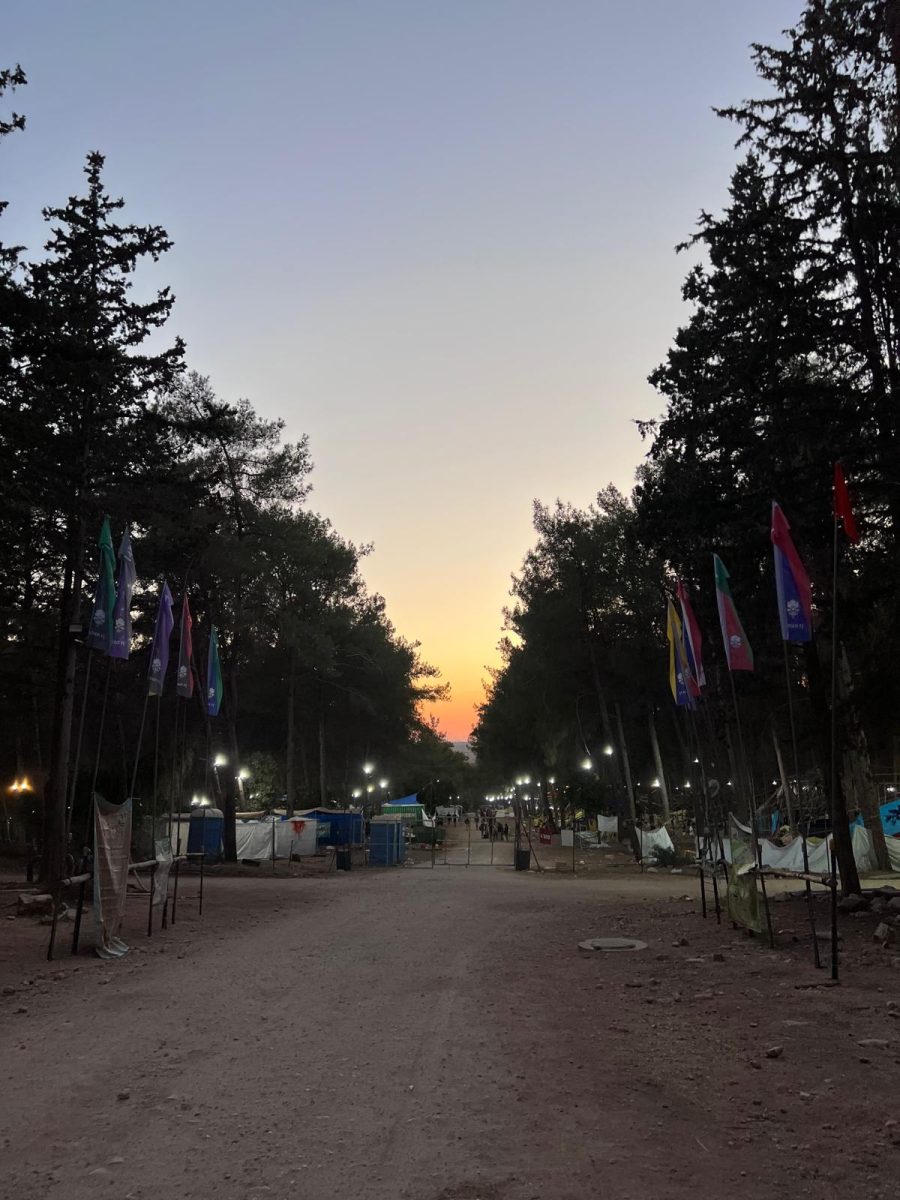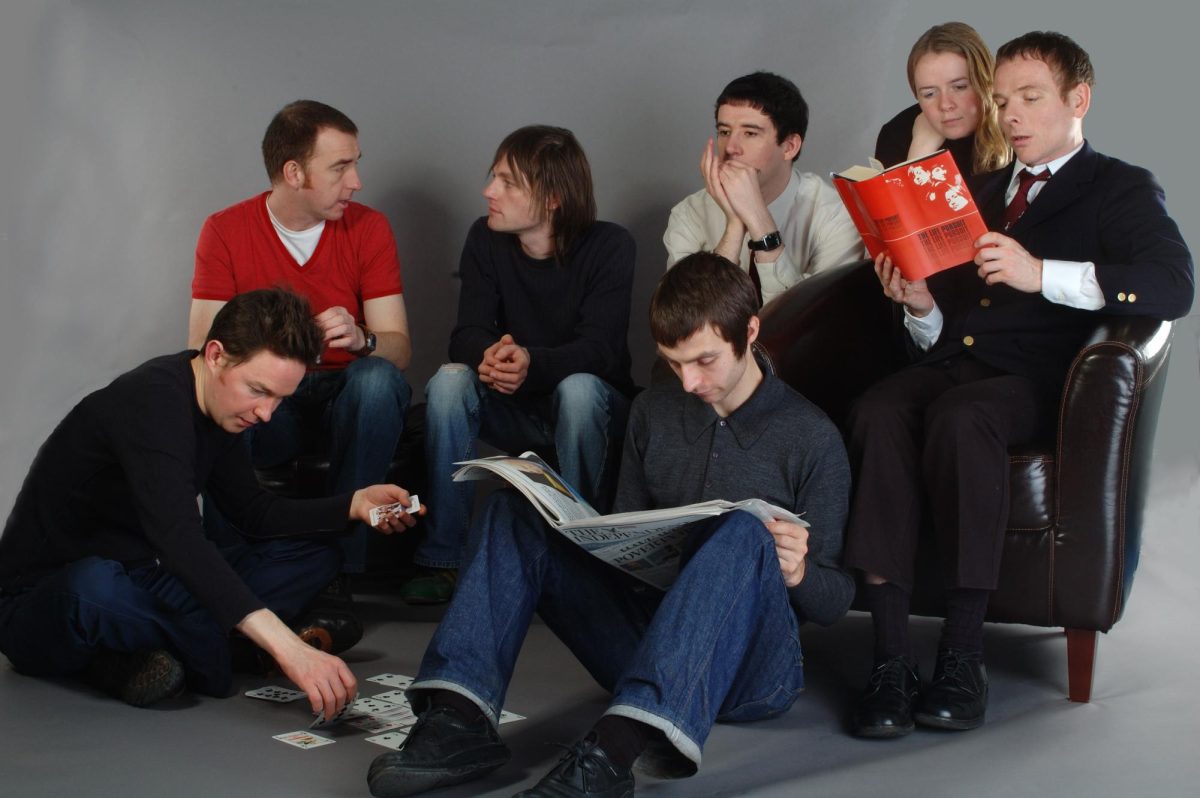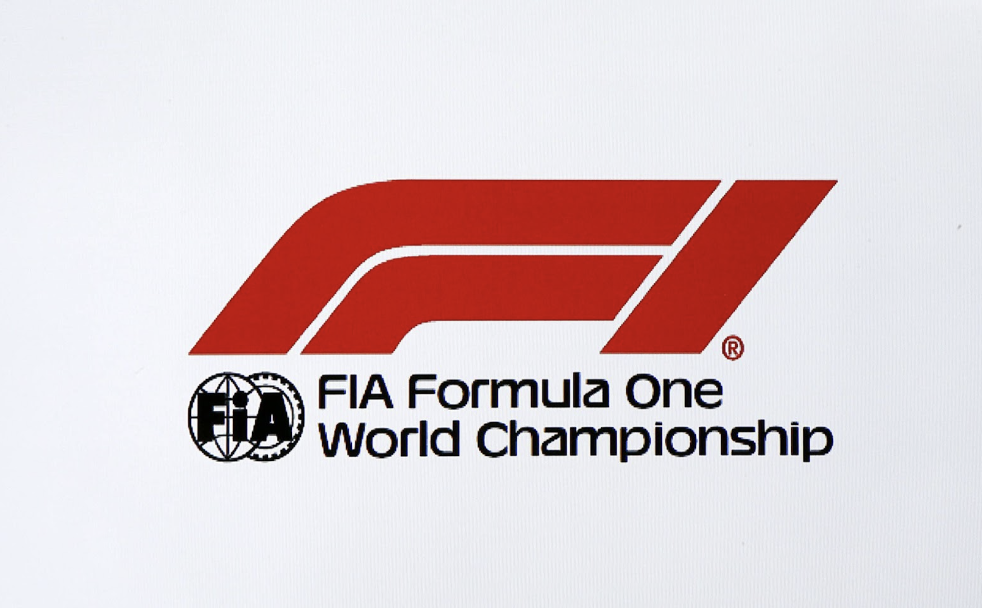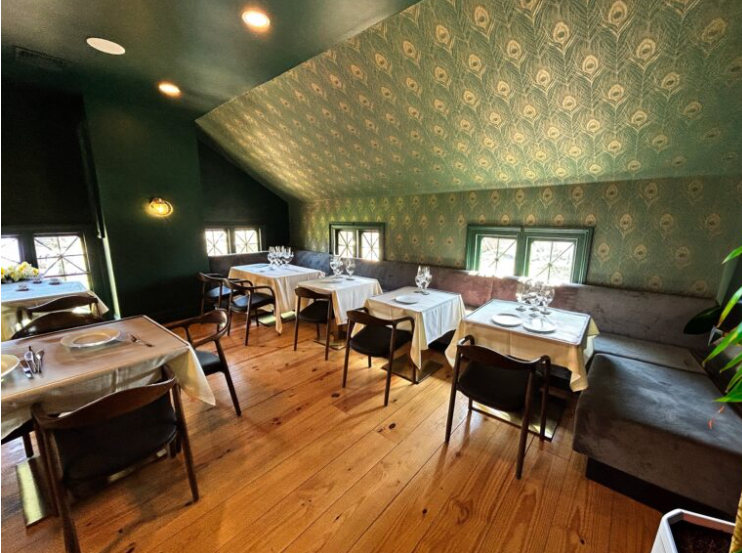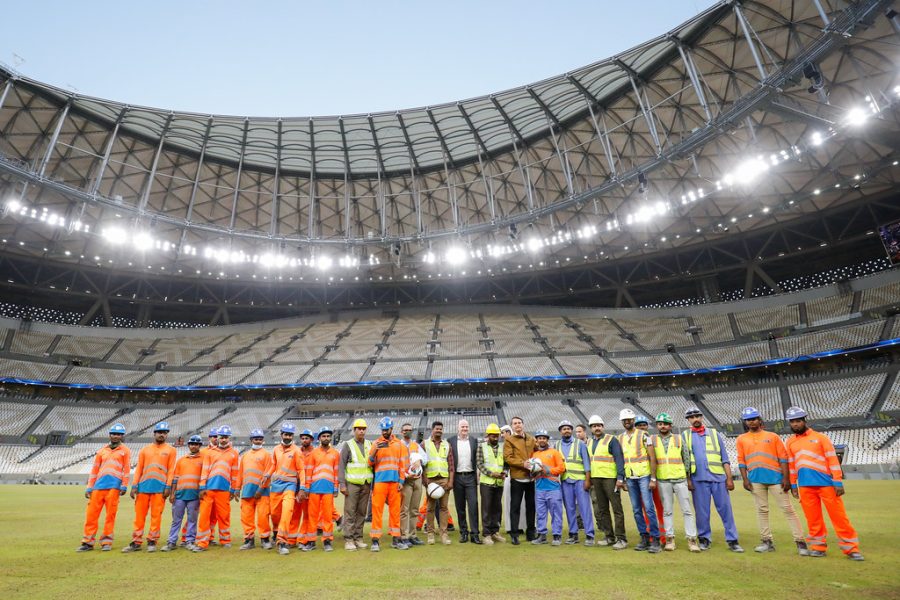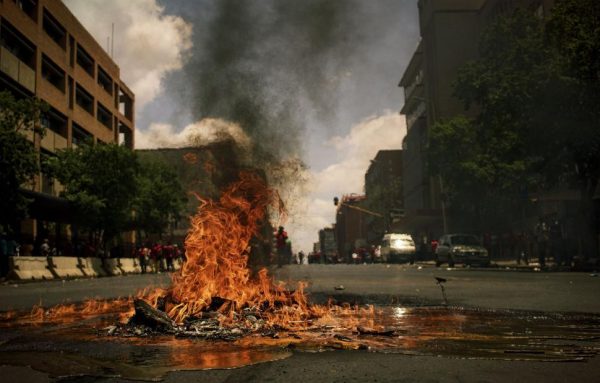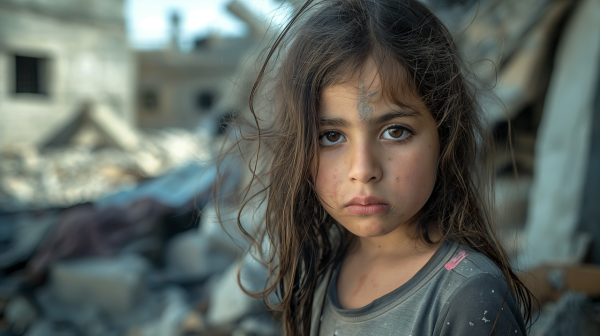Why Qatar’s World Cup Has Been Given a Red Card
October 28, 2022
Throughout human history, there has never been a single sporting event as popular as the World Cup. Nothing brings people together like soccer (football): the adrenaline, the nationalism, the chants, the pride—a global unity only boasted during the quadrennial contest. The 32-team elimination tournament brings in billions of viewers as nations fight for the ultimate glory of hoisting its trophy. Naturally, as the event holds so much significance, the chosen host nation is entrusted with the ultimate task of running the tournament. The honor of hosting has typically gone to the international giants of the football realm: Brazil, France, Italy, Argentina, and others. However, this year’s host is the tiny Middle Eastern country of Qatar, a staggering decision that has raised many questions amongst football fans around the world.
The Fédération Internationale de Football Association (FIFA) chose Qatar as the World Cup host back in 2010, a common timeline that allows the host to prepare for the tournament however it sees fit. To understand how unexpected of a decision this was, you need to understand how relatively small Qatar is. Qatar is smaller than our home state of New Jersey, and has a population similar to that of Chicago. Not only small, but also the first Middle Eastern country to ever host the World Cup, Qatar can say that it has hosted the world’s greatest show prior to some of its neighboring giants, including Egypt and Saudi Arabia. It’s hard to see such a small country taking on the massively important task of hosting the World Cup, but through controversial means, it has managed to check all the boxes.
However small Qatar may be, it is also extremely rich, ranking as the country with the highest GDP per capita. The Qatar Peninsula is abundant with natural gas and other oil resources, positioning its inhabitants to take full economic advantage of their land’s natural gifts. While Qatar has the financial capacity to be a host, it lacks the historical football presence that feels necessary for a nation to take on such a role. This thought process is what originally led to the accusations of FIFA accepting bribes for hosting positions.
One could argue that this is the second controversial World Cup host nation in a row. In 2018, Russia hosted the tournament following decades of heated conflicts that should have barred it from hosting. Russia, like Qatar, has never stood amongst the great footballing nations, and had really only been a convincing choice through a deep wallet. Topping host competitors like Netherlands-Belgium, Spain-Portugal, and others, suspicions started to build. To the public, there was no other answer except corruption. Nobody saw a reality where Russia and Qatar were the most fitting hosts, and audiences turned to FIFA for the blame. With ambitions to save the world’s game, journalists, government officials, and ordinary fans alike started to investigate the controversy behind Qatar’s rise to the host position.
Investigations have already uncovered multiple FIFA executives likely to have been involved with bribery in voting. Current investigations hope to go deeper than simply expose a few members, and to uncover the system as a whole and trace how corruption managed to slip through such an important organization.
Focusing back on Qatar, it seemed unfeasible that multiple high-capacity stadiums could rise from its desert in such a short time frame. Qatar has also never had much of a commitment to soccer or hosted anything as monumental as the World Cup, and its capacity was nowhere near to where it needed to be. On top of that, Qatar wanted to have its stadiums in accordance with the typical grandiose structures of the high-class Middle East, projects that require years of work and massive investments. The question: how was Qatar able to pull it off? The answer: the stadiums were built through blood.
According to The Guardian, there is evidence to support that over 6,000 migrant workers died while building the various stadiums across Qatar’s World Cup complexes. Furthermore, investigations revealed that migrant workers were constantly being mistreated, and were paid as little as $200 a month. The small nation’s ambitions were slowly turning into a human rights crisis, leading to great suffering that the world could only watch and try to change from the outside.
The battle against these abuses of human rights have had successes, leading to reforms in the way Qatar is approaching its job as host. FIFA has also conducted major reforms in its staff, trying to fix the corruption that has been plaguing its work regulating international soccer. However, the fight is nowhere near over, and many of Qatar’s unjust actions invite controversy around its position as host. Many European countries have agreed to wear pride captain’s armbands as a protest against Qatar’s disrespect towards the LGBTQ+ community. Media sites have helped by giving insight into the things Qatar doesn’t want the world to know about, news that is critical to the well-being of thousands of its people.
In the end, it’s time to enjoy an anticipated World Cup, but also be wary of the uncovered issues hiding behind the joys of competition.









